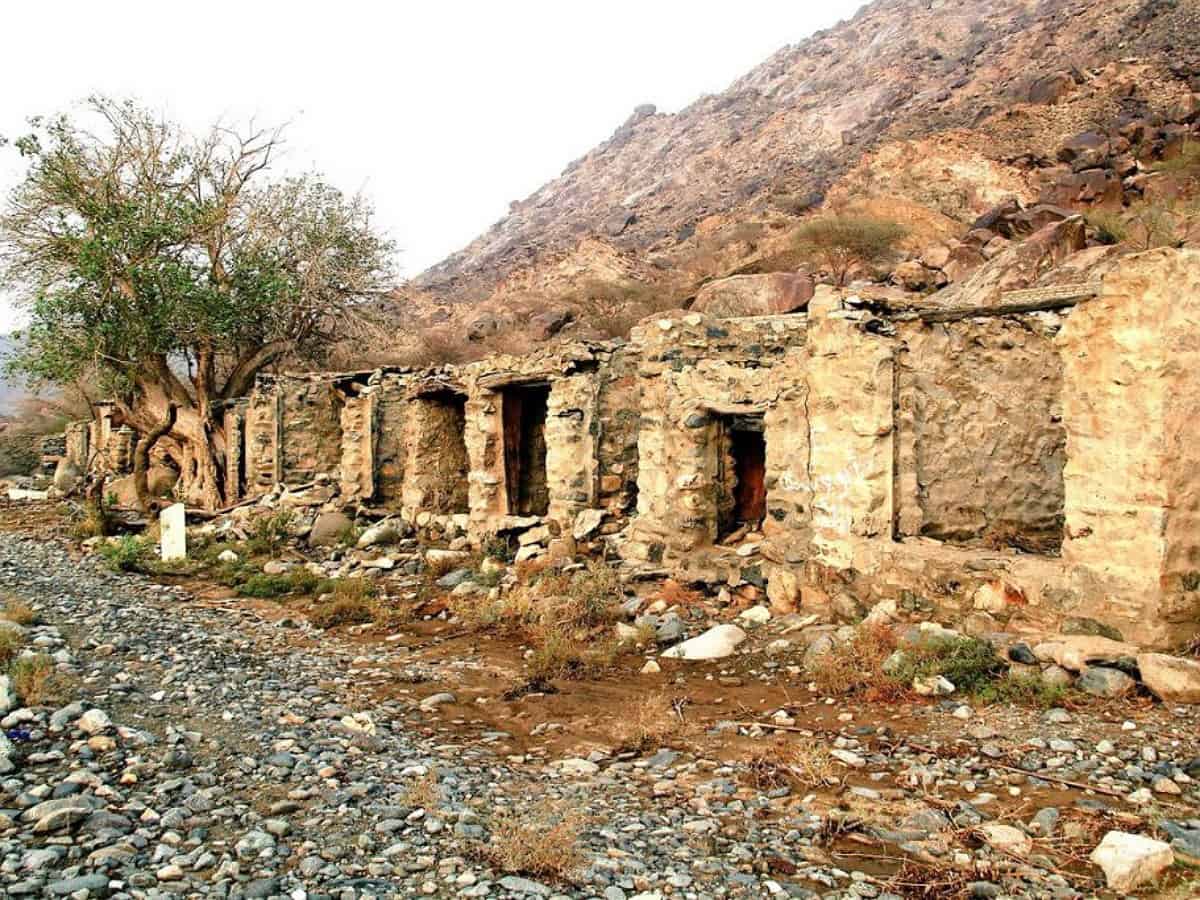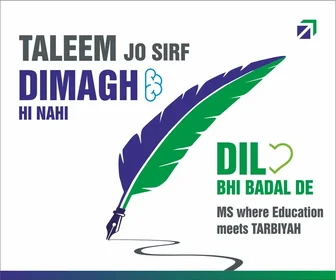
Riyadh: A specialized research team in the Kingdom of Saudi Arabia (KSA) has located the historical Souq Habasha, one of the most important Arab markets in the pre-Islamic era and early Islam, the Saudi Press Agency (SPA) reported.
Souq Habasha was an ancient seasonal Arab market and one of the largest in the Tihamah region west of the Arabian Peninsula.
The Souq was held every year for eight days starting on the first day of Rajab in the Islamic calendar, and was annually held until the Islamic year 197 (813 A.D.).
Every year, thousands of traders and merchants flocked to Souq Habasha in the pre-Islamic and early Islamic era. Located on the southern bank of Wadi Qanun in the Makkah Province, this bustling market was a center of commercial activity, attracting merchants from all over the world. But it disappeared from the map for hundreds of years.
Efforts to trace the location of the market have been ongoing for more than 40 years, with “surveys of field sites proposed by the Commission as recently as last year.”
After several studies, the Habasha market was discovered in cooperation between the King Abdulaziz Department, the Ministry of Culture and the Heritage Authority.
Historians believe that the Prophet Muhammed also visited this place and this market is mentioned in the Sirah of the Prophet Muhammad (prophetic biography), that he taken part in the market to work before receiving the message.
Darah Foundation said through its Twitter account, “After conducting in-depth research, field and archaeological studies, in cooperation between the King Abdulaziz House, the Ministry of Culture and the Heritage Authority, a specialized research team was able to locate the historical Habasha market (one of the most important Arab markets in pre-Islamic times and early Islam). This is the story That work.”
The market represents aspects of economic, literary and cultural activity, integrated with the historical Okaz market, which has been revived and has become a prominent cultural event in the Kingdom of Saudi Arabia, which can be used in the scientific, cultural and tourism fields.

